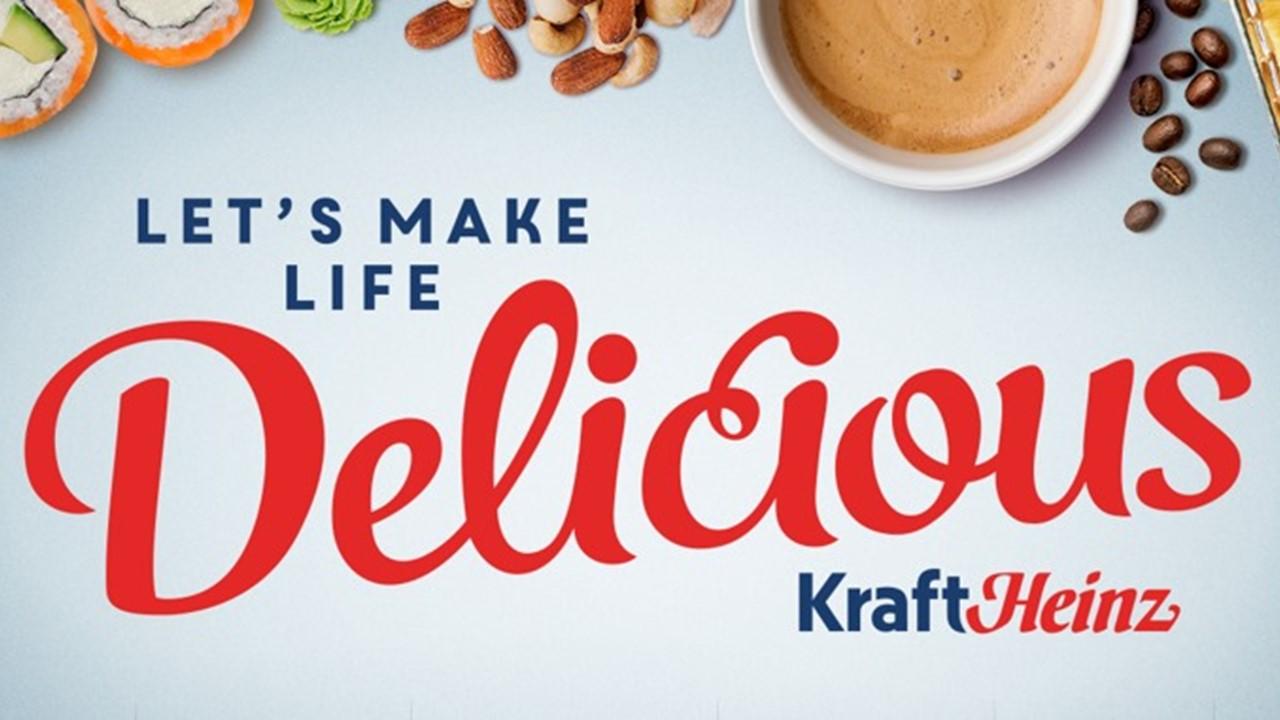Do Companies With Oversubscribed IPOs Have Good Outcomes?
Many the most oversubscribed IPOs in the U.S. went on to debut successfully and delivered a boom for investors. How do companies deal with oversubscribed IPOs?
Jan. 15 2021, Published 12:04 p.m. ET

An IPO allows a company to raise money to pursue its goals and opens a new opportunity for investors. Many companies have ended up with oversubscribed IPOs when investors sense that they might offer a great deal. What are the most oversubscribed IPOs in the U.S. and how did they pan out?
An IPO is oversubscribed when the demand for the stock exceeds the shares on offer. Therefore, oversubscription indicates strong investor interest in a stock. Private companies going public and their underwriters have developed mechanisms to respond to extreme demand for their shares.

When there’s a huge demand for a stock, companies usually respond in two ways. They increase the number of shares on offer or they raise the offer price. A company can also do both. In either case, the company ends up raising more money than it might have expected.
Most oversubscribed IPOs in the U.S.
The IPOs of companies that investors think have bright prospects, good financials, and strong management, often end up oversubscribed. In recent years, the availability of cheap cash because of low-interest rates and money from generous share repurchases returning to the stock market also resulted in oversubscribed IPOs. Here are some of the most oversubscribed IPOs in the U.S.
- Lyft
- Levi Strauss
- Dropbox
- Kraft Heinz
- Alibaba
- Visa
- General Motors
What happened to the most oversubscribed IPOs?
The Lyft IPO was 20x oversubscribed, which prompted the company to raise its stock price and increase the number of shares on offer. The company priced the stock at $72 for the listing, which was at the upper end of the targeted price range of $70–$72. The stock popped up more than 20 percent on its market debut. The listing helped the Google-backed ride-hailing company raise more than $2.3 billion. However, the honeymoon for Lyft stock was short-lived.
Levi Strauss priced its IPO at $17 per share and raised about $623 million in a transaction that was more than 10x oversubscribed. The price was above the indicated range of $14–$16. Shares of the jeans maker soared more than 20 percent on their debut.
Dropbox sold 36 million shares at a price of $21 per share in its 2018 IPO. The price was well above the initially suggested range of $16–$18 and the revised range of $18–$20. The listing was 25x oversubscribed. The cloud storage company raised $756 million at a valuation of $8.2 billion. Dropbox stock soared 35 percent on its market debut.

Kraft Heinz had a big IPO in 2001, which was seven to eight times oversubscribed. However, its debut underwhelmed because the stock price was nearly unchanged in the first day of trading. The company priced its shares at $31 for the public listing.
Facebook’s 2012 IPO raised $16 billion in a transaction that valued the social media giant at $104 billion. The company priced its stock at $38 per share for the public listing. The Facebook IPO was hugely oversubscribed, which allowed the company to raise far more money than it originally projected. The stock rose more than 20 percent on its first trading day. The stock ended up stumbling and took a long time to recover.
The Alibaba IPO was oversubscribed by up to three times. The company priced its stock at $68 per share, which was above the indicated range of $60–$66. Alibaba raised $25 billion in the 2014 transaction that valued the company at $231 billion. The company held roadshows in cities around the world ahead of its public listing to drum up investors' appetite for its stock. Alibaba stock soared 38 percent on its market debut.
In 2008, the Visa IPO was heavily oversubscribed despite coming just on the back of the global financial crisis that caused job losses and resulted in many corporate bankruptcies. The payment card company priced its stock in the range of $37 - $42. It eventually sold 406 million shares at $44 apiece. Visa stock popped 28 percent on debut, even becoming the most active stock on the NYSE that day.
The General Motors IPO was six times oversubscribed in 2010. The automaker priced its stock at $33 per share for the public listing and raised more than $20 billion, which was about $13 billion more than the company expected to raise. GM stock popped on debut despite being priced at the upper end of the indicated price range.
